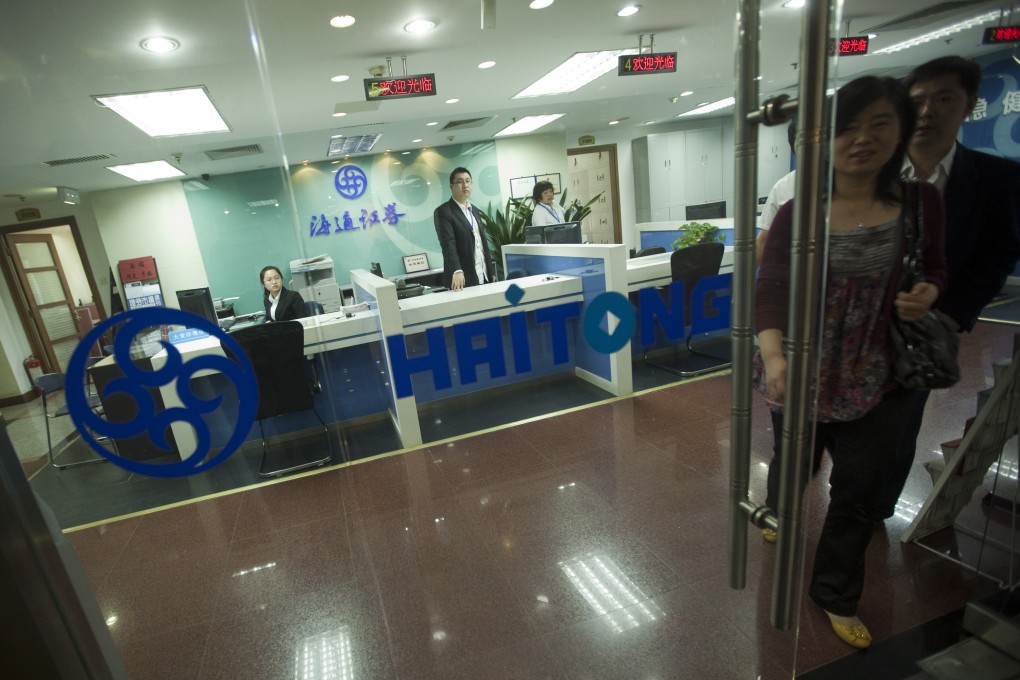Haitong Securities warns of default crisis as mainland debt soars
Leading securities firm raises default risk as companies borrow more to repay old debt

The mainland's record debt threatens to trigger a financial crisis as borrowing costs jump to unprecedented highs despite a cooling economy, the nation's second-biggest brokerage says.
Liabilities at non-financial firms might rise to more than 150 per cent of gross domestic product this year, raising default risks, Haitong Securities said.
The ratio of 139 per cent at the end of 2012 was already the highest among the world's 10 biggest economies, according to the most recent data. That compares with 103 per cent in Japan and 78 per cent in the United States, figures from the Bank for International Settlements and the World Bank show.
"We are concerned that the debt snowball may get bigger and bigger and turn into a crisis," said Li Ning, a bond analyst at Haitong Securities. "Default probabilities from next year may rise because more and more Chinese companies depend on new borrowings to repay old debt."
Premier Li Keqiang has driven up money market rates to help deleverage the economy, as Moody's Investors Service warned this week that credit expansion could spark a financial crisis.
If monetary policy remains tight, it will result in more debt defaults
Companies must repay a record 2.6 trillion yuan (HK$3.3 trillion) of borrowings this year even after bond yields surged and economic growth slowed to the weakest in more than a decade.